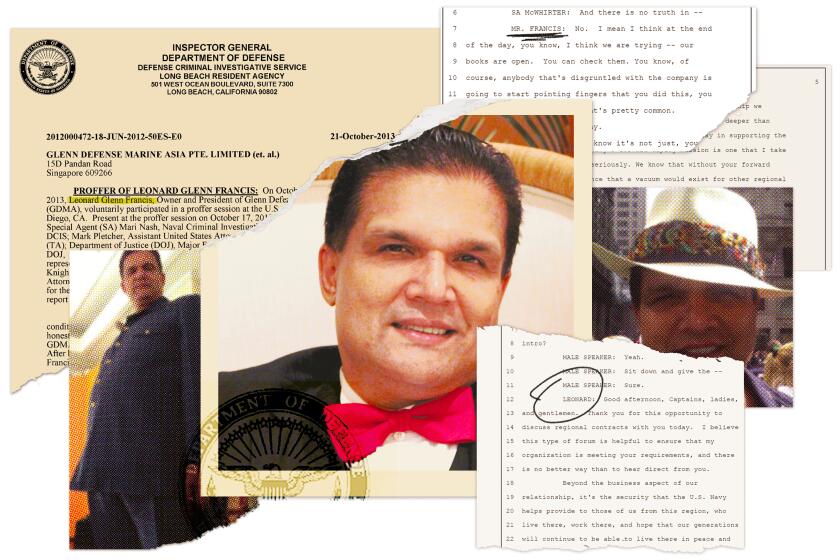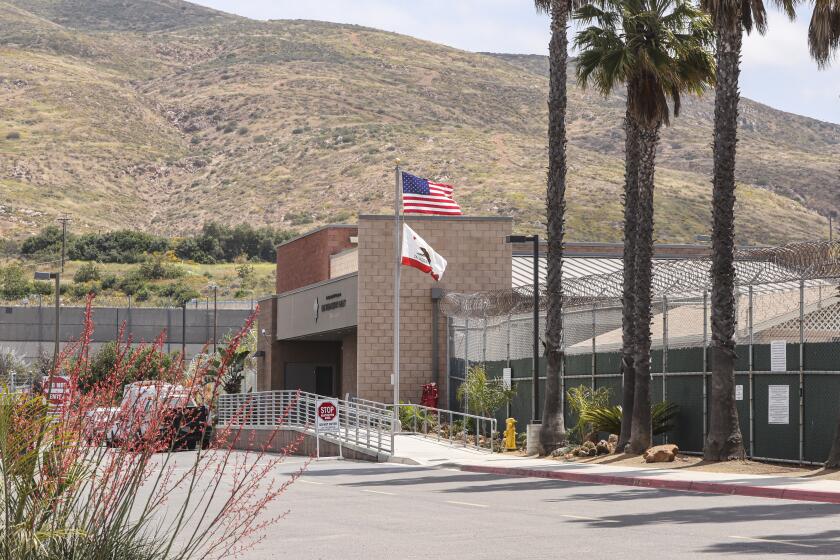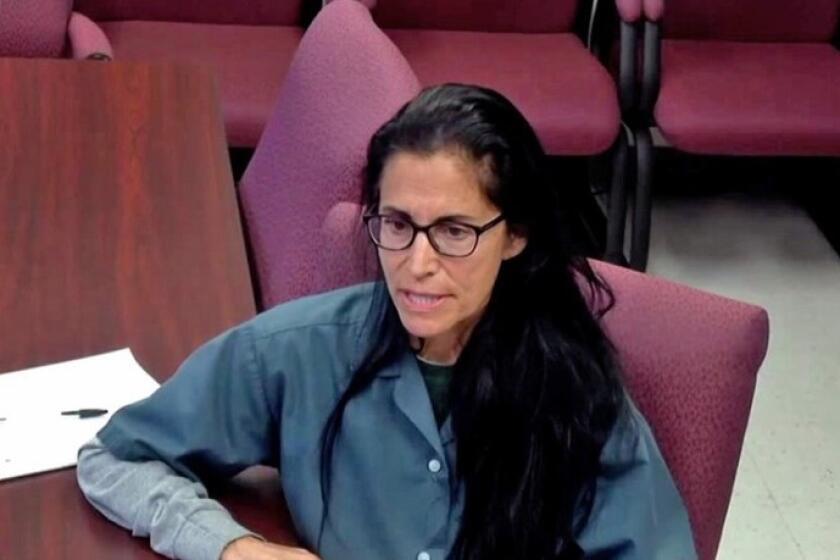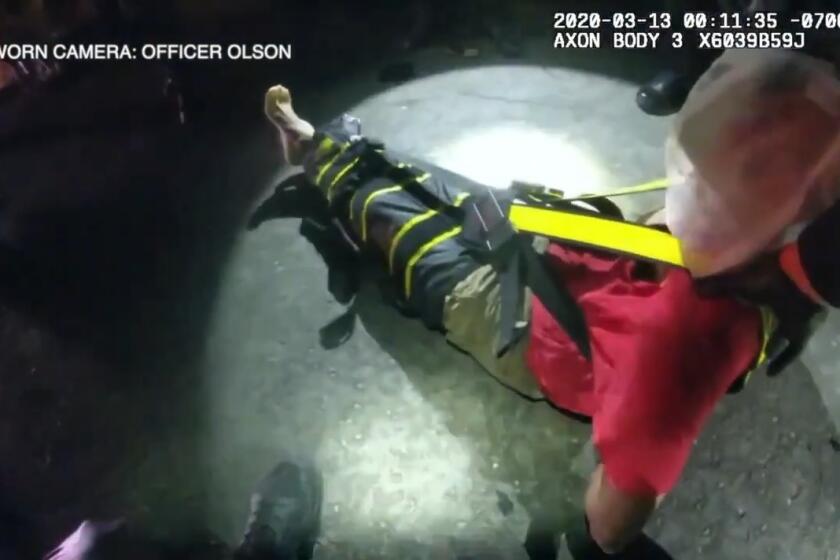Suit over disclosing records of sexual misconduct by DA employees settled

The First Amendment Coalition won the suit and will have the county pay nearly $100,000 in legal fees
A lawsuit seeking records of accusations of sexual misconduct by employees of the San Diego District Attorney has settled, with the office turning over the records and agreeing to pay nearly $100,000 in legal fees incurred by a public records advocacy group which sought the information.
The group, the First Amendment Coalition, filed suit in July 2018. The San Rafael-based group had asked under the state public records law for all records of sexual misconduct by DA employees. Instead the District Attorney’s Office had provided summaries of six cases but not the actual records.
The group contended that the state law required disclosure of the records. But the District Attorney’s Office said that some parts of the records were exempt from disclosure under the records law, because of privacy interests and personnel file confidentiality. Instead, it said summaries that broadly described the misconduct should suffice.
First Amendment Coalition Executive Director David Snyder said that response not only violated the records law, but also could create a way for public agencies to skirt the records law in the future by releasing sanitized summaries instead of the complete records.
In July San Diego Superior Court Judge David M. Rubin agreed and ordered that the records detailing six instances of misconduct should be turned over, with some information redacted as allowed by the law. The settlement ends the case without further appeals, and requires the county to pay the coalition’s legal fees of $97,500 by the end of the month.
The county Board of Supervisors approved the settlement and payment Wednesday.
Snyder said that the lawsuit and ruling were important because they vindicated a key principle undergirding the public records law — that agencies have to disclose records they have and not simply summaries.
“This approach if used broadly would gut the most important aspect of the public records law — that the public gets to see the actual records,” he said Monday.
Steve Walker, communications director for the District Attorney’s Office, said the request from the group fell into a gray area of public right to know and employee privacy.
“We take our responsibilities under the California Public Records Act very seriously and as an Office, work to be as open and transparent as possible when fielding the dozens of public record act requests we receive every year,” Walker wrote in a statement. “Sometimes those requests intersect with employee privacy and personnel records, creating a gray area. We appreciate getting the court’s interpretation in this area of the law.”
The summaries provided by the office noted male employees who resigned or were disciplined after incidents involving a supervisor who made sexual remarks to a female subordinate, an investigator who made unwelcome physical contact with a female co-worker and a deputy district attorney who sent nude photos of himself at the office to another person and later resigned.
The latest news, as soon as it breaks.
Get our email alerts straight to your inbox.
You may occasionally receive promotional content from the San Diego Union-Tribune.







